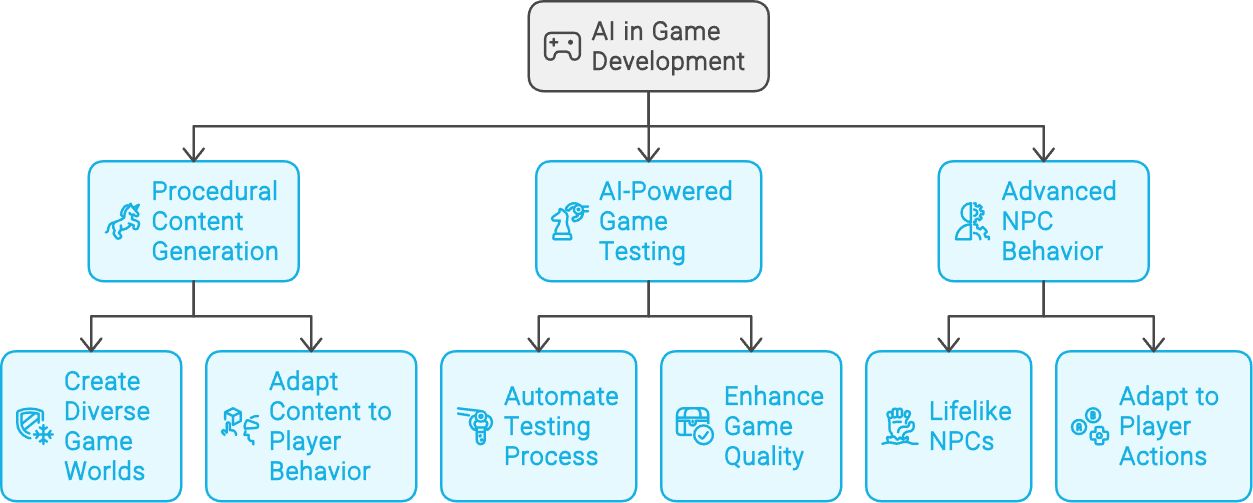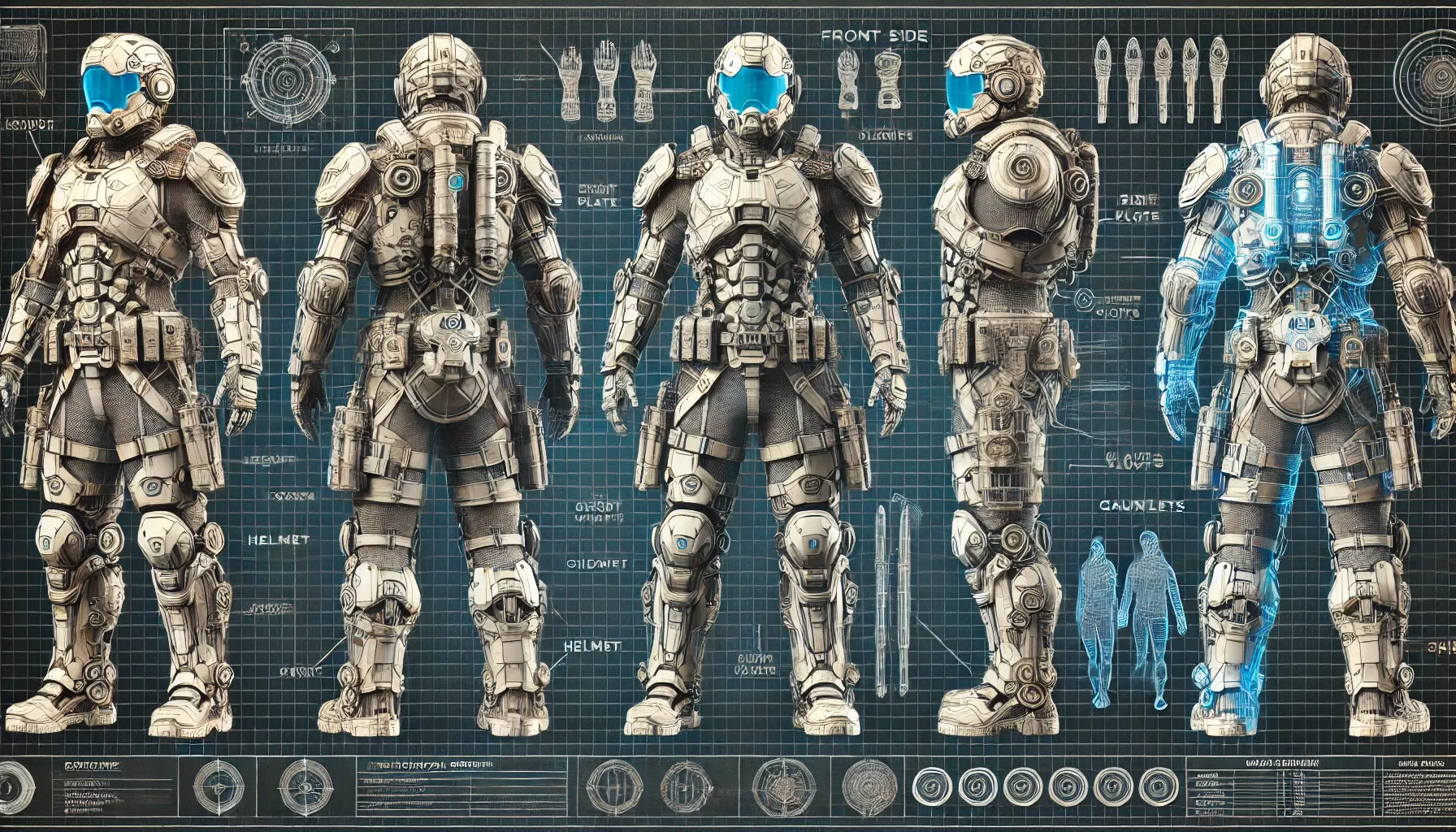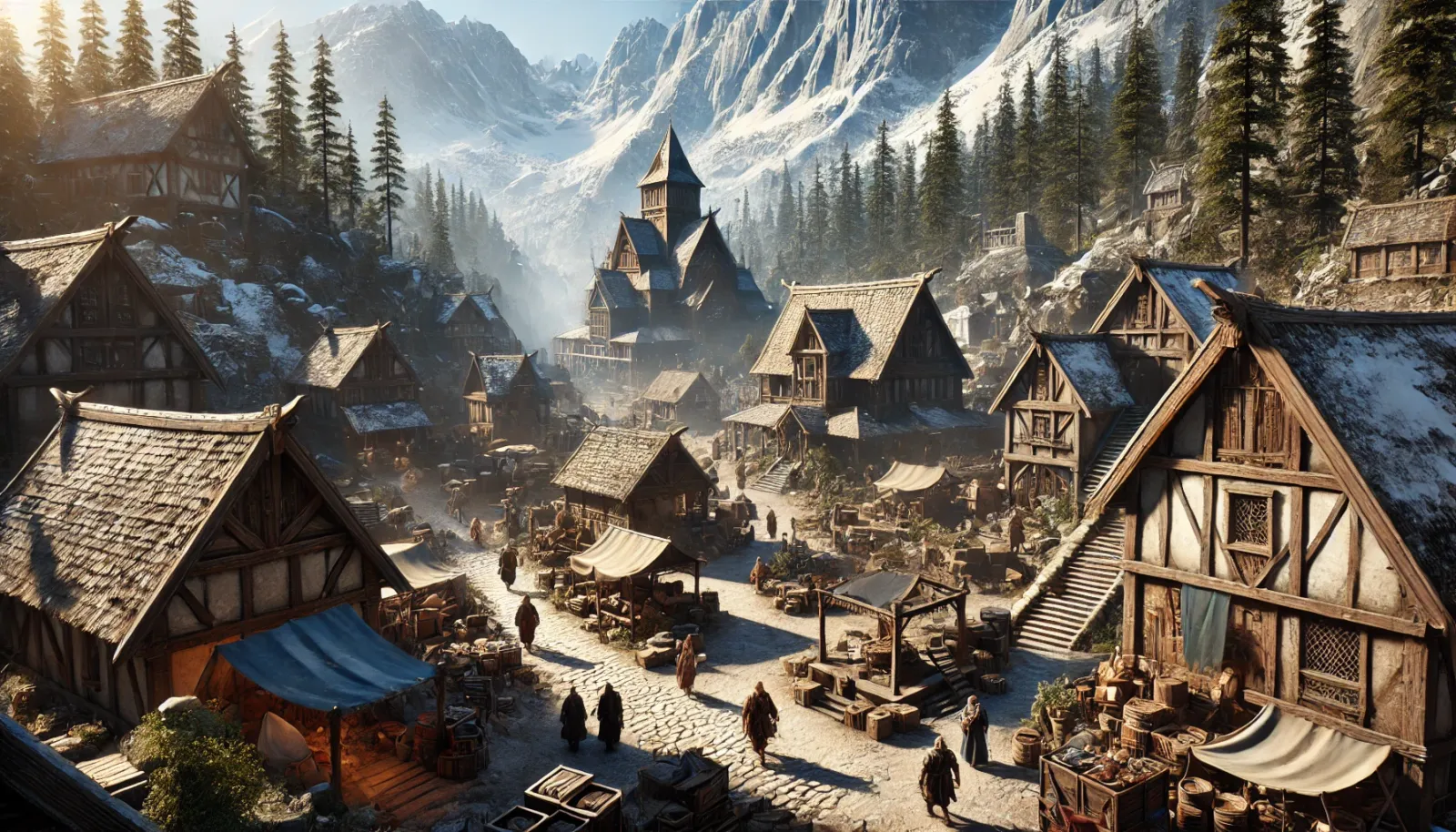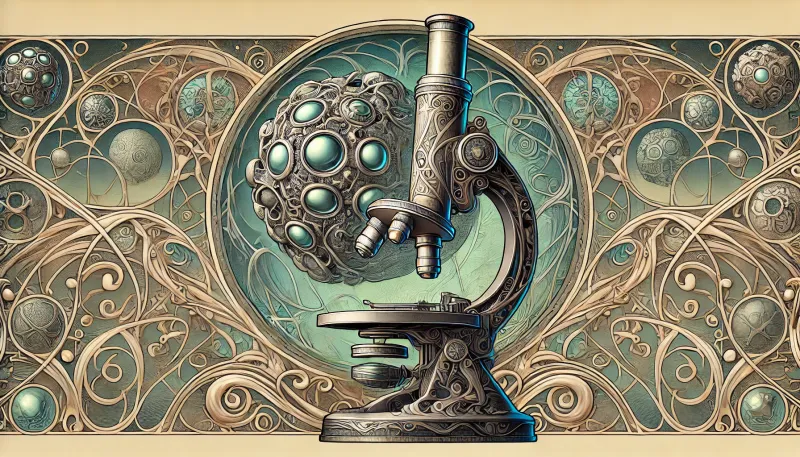The gaming industry is on the cusp of revolutionary change as artificial intelligence continues to reshape how games are developed, played, and experienced. In 2024, AI has become an integral part of game development, influencing trends and enhancing user experiences.
Over the past decade, the integration of AI into the gaming industry has progressed from simple rule-based scripts to highly sophisticated algorithms capable of generating lifelike graphics, simulating complex human behaviors, and creating dynamic in-game environments.
Developers are embracing these advancements to push the boundaries of what gaming can offer. AI-driven tools are now utilized in almost every aspect of game production, from initial concept and design to player interaction and narrative development. This marks a significant departure from traditional methods.
One of the most notable transformations brought by AI is in game design and development. AI algorithms analyze massive amounts of data to identify player preferences, enabling developers to create more engaging and personalized experiences. This data-driven approach allows for the optimization of game mechanics and the balancing of difficulty levels to cater to a diverse range of players (AI and Games, 2024). Furthermore, AI's ability to generate realistic graphics and animations reduces the time and cost associated with manual design processes, allowing for rapid prototyping and iterative development (modl.ai, 2024).

AI in Game Development
AI's impact extends to improving player interactions within games. Non-player characters (NPCs) have become more intelligent and responsive, providing more authentic and immersive experiences. AI enhances multiplayer experiences by managing matchmaking processes, ensuring fair and balanced competition among players of varying skill levels.
As AI technologies continue to evolve, their potential applications within the gaming industry are limitless. This article aims to explore these advancements, providing a comprehensive overview of how AI is revolutionizing gaming. From procedural content generation and machine learning models that adapt to player feedback to AI-enhanced graphics rendering and predictive analytics, the future of gaming is being shaped by the continuous integration of AI, promising a new era of innovation and creativity.
Procedural Content Generation
One of the most exciting applications of AI in gaming is procedural content generation (PCG). Through advanced algorithms, developers can generate vast and diverse game worlds that would be impossible to create manually. In 2024, AI-driven PCG allows for the creation of intricate levels, landscapes, and even entire universes filled with unique flora and fauna (Synthesia, 2024). This not only enhances the scale and variety of games but also provides endless replayability, as each playthrough offers fresh challenges and discoveries.
Moreover, PCG can adapt to player behavior and preferences, ensuring that the content remains relevant and interesting. By analyzing player actions and feedback, AI systems can adjust the difficulty, introduce new elements, or tweak existing ones to maintain an engaging experience. This level of personalization marks a significant leap forward in the AI gaming industry.

AI-Powered Game Testing
Game testing, a critical phase in game development, has been revolutionized by AI. Traditional testing methods were labor-intensive and time-consuming, often requiring a large team of testers to identify and resolve issues. In contrast, AI-powered game testing employs machine learning models to simulate countless scenarios and detect bugs with unprecedented accuracy and speed (Synthesia, 2024).
By automating the testing process, AI not only reduces the cost and time associated but also enhances the overall quality of the game. AI algorithms can identify subtle issues that might be overlooked by human testers, such as minor graphical glitches or rare gameplay anomalies. This comprehensive testing ensures that games are released with fewer bugs and provide a smoother user experience.
Advanced NPC Behavior
Non-player characters (NPCs) have evolved significantly with the integration of AI, becoming more lifelike and intelligent. In 2024, NPCs in games exhibit advanced behaviors, adapting to player actions and exhibiting a range of emotions and responses (ScienceDirect, n.d.). These AI-driven NPCs add depth to the gaming narrative and create a more immersive and engaging experience.
For instance, an NPC in a role-playing game might remember previous interactions with the player, influencing their future behavior and decisions. This level of complexity makes the game world feel more alive and responsive, offering a richer and more personalized experience.
Conclusion
In summary, AI is reshaping the gaming industry in profound ways. From procedural content generation that creates infinite and adaptive game worlds to AI-powered game testing that ensures high-quality releases, the impact of AI in gaming is far-reaching. Advanced NPC behavior further enhances user immersion, making each gaming session unique and memorable.
References
- Synthesia. (2024, June 26). 168 Best AI Tools Of 2024. Retrieved from https://www.synthesia.io/post/ai-tools
- AI and Games. (2024, February 28). How AI is Actually Used in the Video Games Industry. Retrieved from https://www.youtube.com/watch?v=j3LW5no-5Ao
- modl.ai. (2024, March 4). AI Trends in 2024: Game Development & Beyond. Retrieved from https://modl.ai/ai-trends-2024-game-development/
- ScienceDirect. (n.d.). Opinion Paper: “So what if ChatGPT wrote it?” Multidisciplinary perspectives on emerging challenges, opportunities, and agenda for research, practice and policy. Retrieved from https://www.sciencedirect.com/science/article/pii/S0268401223000233





